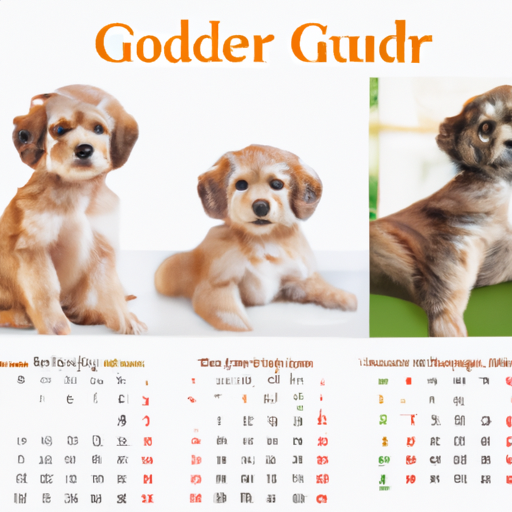As a caregiver for your furry friend, you’ve probably found yourself wondering, “how long is a dog still considered a puppy?” This may seem like a simple question, but the answer is more complex than you might think. In this comprehensive guide, we’ll explore everything you need to know about puppyhood, from its stages to the factors influencing its duration.
Understanding the Stages of Puppyhood
Understanding the stages of puppyhood can help you provide the care your pet needs at each phase.
- Neonatal Period (0-2 Weeks): This is the stage when puppies are born. They are completely dependent on their mother for survival.
- Transitional Period (2-4 Weeks): Puppies begin to open their eyes, their teeth start to come in, and they slowly start to become more aware of their surroundings.
- Socialization Period (4-12 Weeks): This is a crucial stage. Puppies learn to interact with other dogs and humans during this period.
- Juvenile Period (3-6 Months): This stage is similar to the “toddler stage” in humans. Puppies begin to test their boundaries and independence.
- Adolescence (6-12 Months): This stage is marked by sexual maturity. Behavior problems can arise during this period if training and socialization are not properly enforced.
Factors Influencing the Duration of Puppyhood
Size and Breed
Dog breeds grow at different rates. In general, smaller breeds tend to mature faster than larger breeds. For instance, a Chihuahua could be considered an adult at around 9 months, while a Great Dane may still be a puppy until around 18 months.
| Size | Maturity Age |
|---|---|
| Small | 9-12 months |
| Medium | 12-16 months |
| Large | 16-18 months |
Nutrition
Proper nutrition is crucial for a puppy’s development. Puppies should be fed high-quality, nutrient-rich food to support their growth. The feeding schedule and diet change as they grow older.
Health Status
A puppy’s health can also impact its development. Puppies with health issues may grow and mature at a slower rate. Regular vet check-ups are essential to monitor your puppy’s health.
Caring for a Puppy
As a caregiver, your role is critical in your puppy’s development. Here are some tips:
- Provide Proper Nutrition: Ensure your puppy gets a balanced diet suitable for their breed and size.
- Training and Socialization: Begin training your puppy as early as possible. It’s also important to expose them to different environments, people, and animals to promote proper socialization.
- Regular Vet Checkups: Regular vet visits are essential to monitor your puppy’s health and development and to catch any potential health issues early.
When Is a Dog Considered an Adult?
Typically, a dog is considered an adult when it reaches sexual maturity, which can be anywhere from 6 months to 2 years depending on the breed and size. However, keep in mind that reaching physical maturity does not necessarily mean your dog has reached emotional or mental maturity.
FAQ
- When should I switch my puppy to adult food?
It’s typically recommended to switch to adult dog food when your puppy reaches around 80-90% of their expected adult size. This could be anywhere from 9 months to 2 years depending on the breed and size. Always consult with your vet before making dietary changes.
- Is it normal for my puppy to chew on everything?
Yes, it’s completely normal. Chewing is a natural behavior for puppies, especially during the teething period. Provide them with safe and appropriate chew toys.
- How long does the teething period last?
The teething period typically lasts until around 6 months of age, but this can vary slightly.
- When will my puppy start to calm down?
Most dogs start to calm down once they pass the adolescent stage and reach adulthood. Again, this varies with breed and size.
In conclusion, puppyhood is a critical phase in a dog’s life, and the duration varies depending on several factors. As a caregiver, understanding these stages and factors can help you provide the best care for your furry friend.



